 ASYDE 2019
ASYDE 2019
International Workshop on Automated and verifiable Software sYstem DEvelopment
Co-located with the 17th International Conference on Software Engineering and Formal Methods (SEFM 2019)
Oslo (Norway), September 16, 2019
Themes and topics
During the last three decades, automation in software development has gone mainstream. Software development teams strive to automate as much of the software development activities as possible. Automation helps, in fact, to reduce development time and cost, as well as to concentrate knowledge by bringing quality into every step of the development process. Realizing high-quality software systems requires producing software that is efficient, error-free, cost-effective, and that satisfies customer requirements. Thus, one of the most crucial factors impacting software quality concerns not only the automation of the development process but also the ability to verify the outcomes of each process activity and the goodness of the resulting software product as well.
ASYDE 2019 provides a forum for researchers and practitioners to propose and discuss on automated software development methods and techniques, compositional verification theories, integration architectures, flexible and dynamic composition, and automated planning mechanisms.
ASYDE 2019 welcomes research papers, (industrial) experience papers and case-studies, tool demonstrations and visionary papers; nevertheless, papers describing novel research contributions and innovative applications are of particular interest.
Topics of interest for ASYDE 2019 include, but are not limited to, the following:
- Specification, architecture, and design of software and verification models
- Formal methods for automated software development
- Model-driven software development
- Correct-by-construction software development
- Automated synthesis of software integration code
- Automated software development and integration
- Automated and verifiable software development
- Automated planning methods
- Non-functional properties of software
- Software quality assurance for automated software development
- Compositional theories for software development and its (dynamic) verification
- Dynamic verification and testing
- Service-oriented and Component-based software development
- Machine learning techniques
Important Dates
Abstract Submission
June 3rd, 2019
June 17th, 2019 (extended)
Paper Submission
June 10th, 2019
June 24th, 2019 (extended)
Notification
July 15th, 2019
Camera ready
July 22nd, 2019
Submission
Workshop papers must follow the SEFM 2019 Format and Submission Guidelines.
Each submitted paper will undergo a process of formal peer review by at least 3 PC members.
Contributions can be:
Regular papers (from 10 to 15 pages): In this category fall those contributions that propose novel research contributions, address challenging problems with innovative ideas, or offer practical contributions (e.g., industrial experiences and case-studies) in the application of FM and SE approaches for automated and verifiable software development. Regular papers must clearly describe the situation or problem tackled, the relevant state of the art, the proposed position or solution, and the potential benefits of the contribution. Authors of papers reporting industrial experiences are encouraged to make their experimental results available for use by reviewers.
Short papers (from 6 to 8 pages): This category includes tool demonstrations, position papers, and visionary papers. Authors of tool demonstration papers should make their tool available for use by reviewers.
All submissions must be original, unpublished, and not submitted concurrently for publication elsewhere. Paper submission is done via EasyChair.
Papers must be formatted according to the guidelines for Springer LNCS papers.
Keynotes
Reactive Systems: From Requirements to Verifiable Models to Code
Software systems are complicated, and the scientific and engineering methodologies for software development are relatively young. We need robust methods for handling the ever-increasing complexity of software systems that are now in every corner of our lives. In this talk I will focus on asynchronous event-based reactive systems and show how we start from the requirements, move to actor-based models, verify the models for correctness, and build executable codes based on that. I show how we can use the architecture design and sequence diagrams to build the behavioral model, and the state diagrams to write the properties of interest, and then use model checking to check the properties. We then refine the verified models to develop the executable code. The natural mappings among the models for requirements, the formal models, and the executable code improve the effectiveness and efficiency of the approach. It also helps in runtime monitoring and adaptation.
Prof. Marjan Sirjani
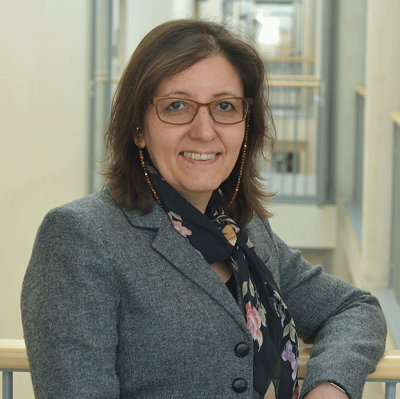
Marjan Sirjani is a Professor and chair of Software Engineering at Mälardalen University, and the leader of Cyber-Physical Systems Analysis research group. Her main research interest is applying formal methods in Software Engineering. She works on modeling and verification of concurrent, distributed, and self-adaptive systems. Marjan and her research group are pioneers in building model checking tools, compositional verification theories, and state-space reduction techniques for actor-based models. She has been working on analyzing actors since 2001 using the modeling language Rebeca (http://www.rebeca-lang.org). Rebeca and its extensions are designed to bridge the gap between model-based software development and formal analysis, and has been used for analyzing different network and system applications. Her research is now focused on safety assurance and performance evaluation of self-adaptive systems, in which she is collaborating with Ptolemy group at UC Berkeley. Marjan has been the PC member and PC chair of several international conferences including FSEN, SEFM, iFM, Coordination, FM, FMICS, and SAC. She is an editor of the journal of Science of Computer Programming. Before joining academia as a full-time faculty, she has been the managing director of Behin System Company for more than ten years, developing software and providing system services. Marjan served as the head of the Software Engineering Department of School of Electrical and Computer Engineering at the University of Tehran for three years, prior to joining the School of Computer Science at Reykjavik University in 2008. She is among the 50 out of 48,000 graduates who received the distinguished alumni award from Sharif University of Technology on the occasion of the university’s 50th anniversary.
Software Engineering for ML/AI
ML and AI are increasingly dominating the high-tech industry. Organizations and technology companies are leveraging their big data to create new products or improve their processes to reach the next level in their market. However, ML and AI are not a silver bullet and Software 2.0 is not the end of software developers or software engineering. In this talk I will argument on how software engineering can help ML and AI to become the key technology for (autonomous) systems of the near future. Software engineering best practices and achievements reached in the last decades might help, e.g., (i) democratising the use of ML/AI, (ii) composing, reusing, chaining ML/AI models to solve more complex problems, and (iii) supporting for reasoning about correctness, repeatability, explainability, traceability, fairness, ethics, while building an ML/AI pipeline.
Prof. Patrizio Pelliccione
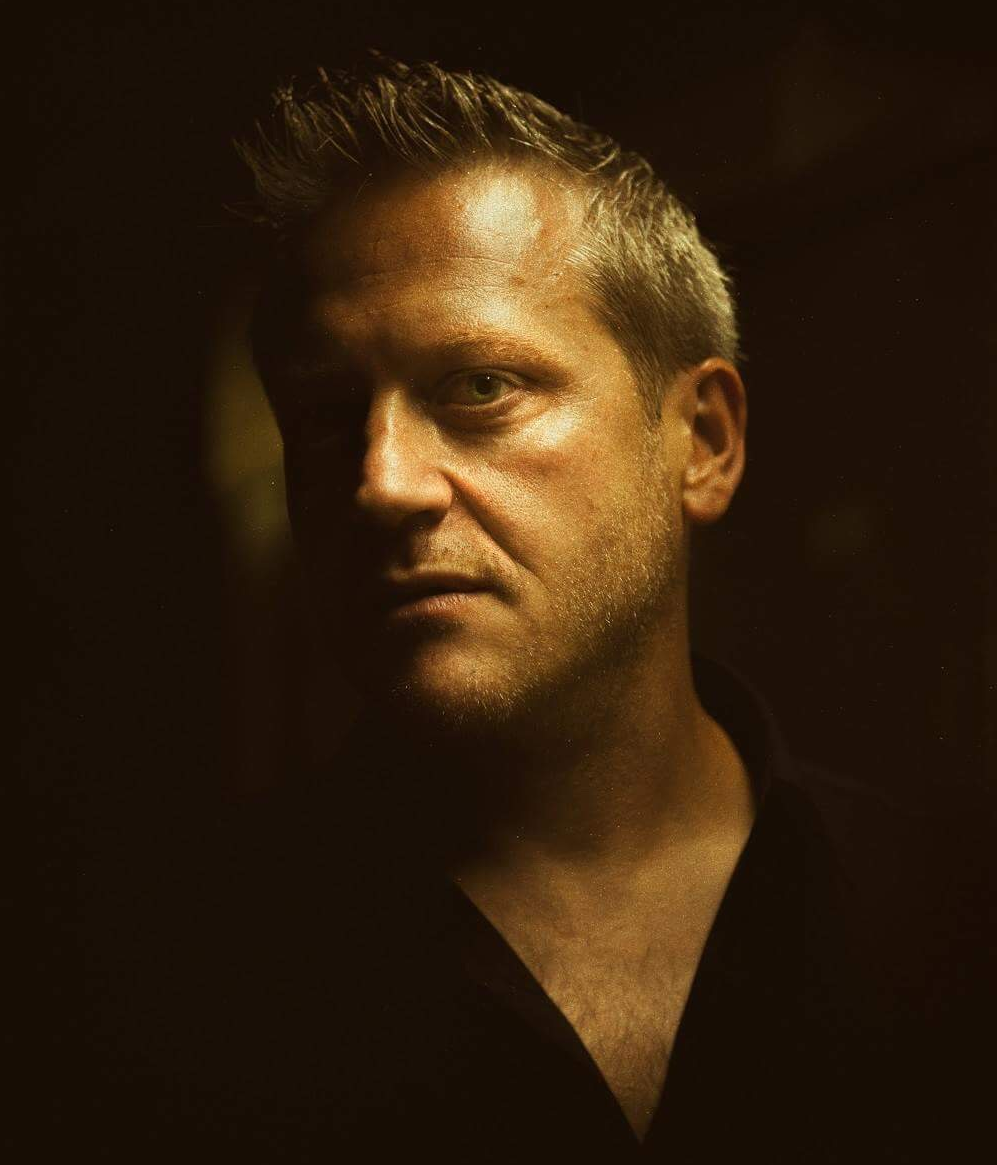
Patrizio Pelliccione is Associate Professor at the Department of Computer Science and Engineering at Chalmers | University of Gothenburg (Sweden) and Associate Professor at the Department of Information Engineering, Computer Science and Mathematics - University of L’Aquila (Italy) - double affiliation. He got his PhD in 2005 at the University of L’Aquila (Italy) and from February 1, 2014 he is Docent in Software Engineering, title given by the University of Gothenburg (Sweden). His research topics are mainly in software engineering, software architectures modelling and verification, autonomous systems, and formal methods. He has co-authored more than 130 publications in journals and international conferences and workshops in these topics. He has been on the program committees for several top conferences, he is a reviewer for top journals in the software engineering domain, and he organized as program chair international conferences like ICSA2017 and FormaliSE 2018. He is very active in European and National projects. He is the PI for Co4Robots (http://www.co4robots.eu/) H2020 EU project for the University of Gothenburg and he is active researcher and Software Technology cluster co-leader of WASP (https://wasp-sweden.org/). In his research activity he has collaborated with several industries such as Volvo Cars, Volvo AB, Ericsson, Jeppesen, Axis communication, Systemite AB, Thales Italia, Selex Marconi telecommunications, Siemens, Saab, TERMA, etc. More information is available at http://www.patriziopelliccione.com.
Program
On Monday September, 16th
14:00 – 15:00 (45' + 15' Q&A): Opening Keynote (Prof. Marjan Sirjani): Reactive Systems: From Requirements to Verifiable Models to Code
15:00 – 15:30 Paper #1: Towards a Continuous Model-based Engineering Process for QoS-aware Self-adaptive Systems. Mirko D'Angelo, Lorenzo Pagliari, Mauro Caporuscio, Raffaela Mirandola and Catia Trubiani
15:30 – 16:00 Paper #2: Automated feature identification for Android apps. Gian Luca Scoccia
16:00 – 16:30 Coffee break
16:30 – 17:00 Paper #3: Mapping BPMN2 Service Choreographies to Colored Petri Nets. Alexander Perucci and Tala Najem
17:00 – 18:00 (45' + 15' Q&A): Closing Keynote (Prof. Patrizio Pelliccione): Software Engineering for ML/AI
Special Issue
Selected papers will be invited to a special issue on
Automated and Verifiable Internet Services and Applications Development
Springer Journal of Internet Services and Applications (JISA)
The Special Issue website can be reached at: https://jisajournal.springeropen.com/autoverintservandapps
Committee
Workshop Chairs
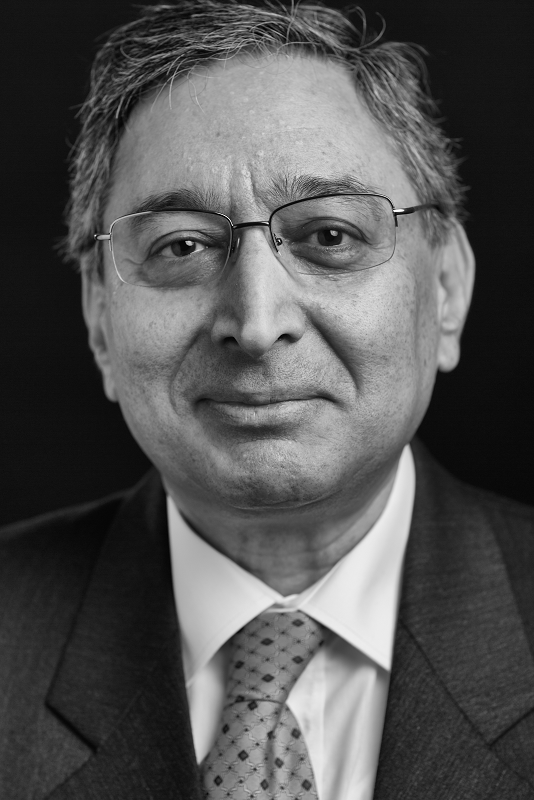
Farhad Arbab
Centre for Mathematics and Computer Science (CWI)
Amsterdam (The Netherlands)
Farhad.Arbab@cwi.nl
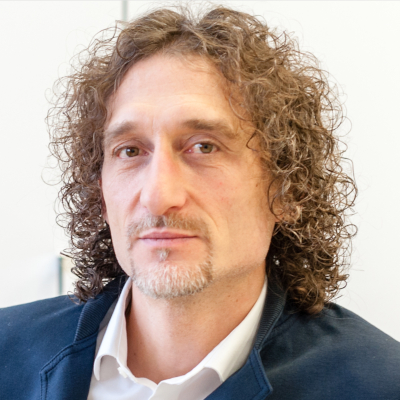
Marco Autili
University of L'Aquila
L'Aquila (Italy)
marco.autili@univaq.it
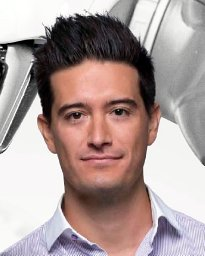
Federico Ciccozzi
Malardalen University
Malardalen (Sweden)
federico.ciccozzi@mdh.se
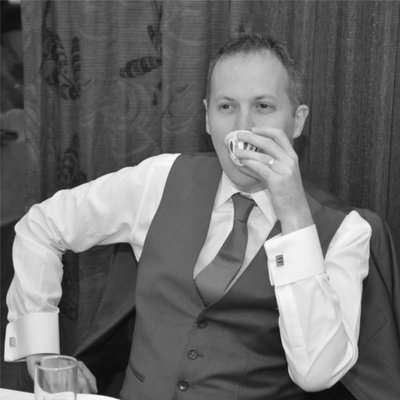
Pascal Poizat
Sorbonne Université
Paris (France)
pascal.poizat@lip6.fr

Massimo Tivoli
University of L'Aquila
L'Aquila (Italy)
massimo.tivoli@univaq.it
Program Committee
Luciano Baresi, Politecnico di Milano
Steffen Becker, University of Stuttgart
Domenico Bianculli, SnT Centre - University of Luxembourg
Antonio Brogi, University of Pisa
Radu Calinescu, University of York
Antinisca Di Marco, University of L'Aquila
Amleto Di Salle, University of L'Aqula
Schahram Dustdar, Vienna University of Technology
Nikolaos Georgantas, INRIA
Marina Mongiello, Politecnico di Bari
Cristina Seceleanu, Mälardalen University
Meng Sun, Peking University
Apostolos Zarras, University of Ioannina
Web Chair
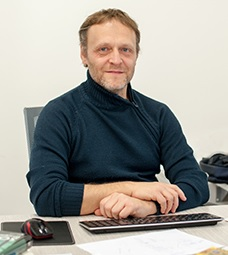
Amleto Di Salle
University of L'Aquila
L'Aquila(Italy)
amleto.disalle@univaq.it
Publicity Chair
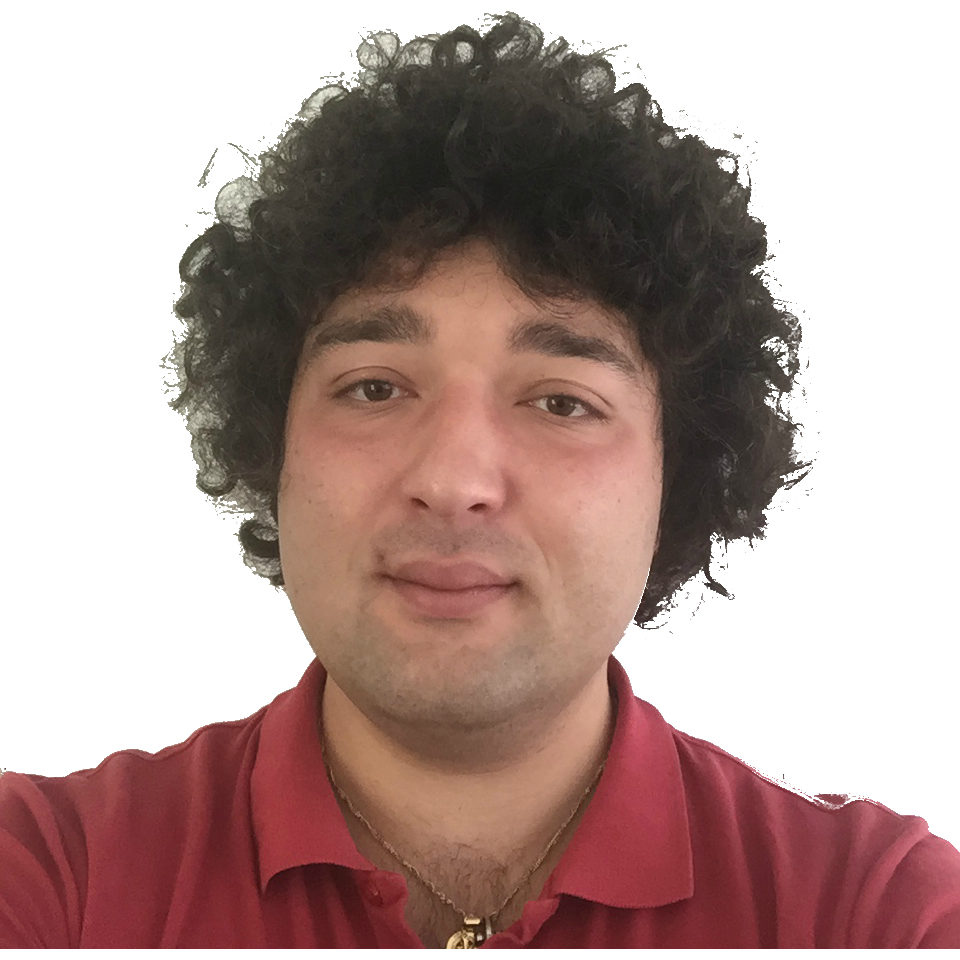
Alexander Perucci
University of L'Aquila
L'Aquila(Italy)
alexander.perucci@univaq.it
Free Bootstrap theme by BootstrapOcean